10 Impressive Facts About The Dutch Shepherd Breed
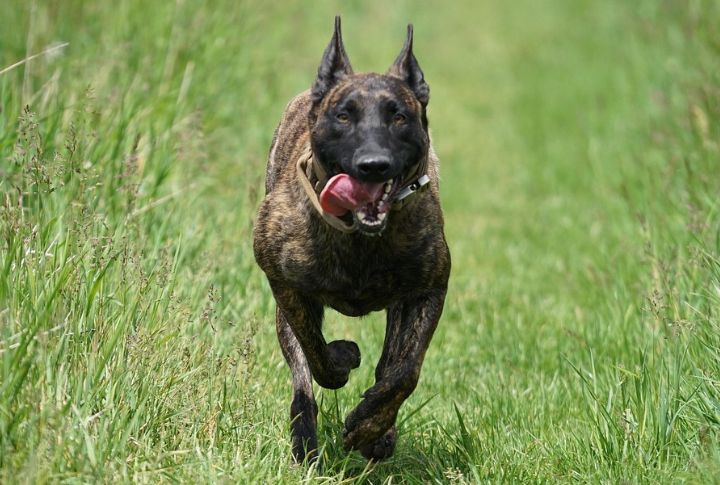
Often passed over for flashier breeds, the Dutch Shepherd quietly commands respect. Behind its modest reputation lies a dog built for far more than herding. Curious about what makes this breed so special? These 10 facts pull back the curtain on its hidden talents and undeniable potential.
Retains Strong Herding Instincts
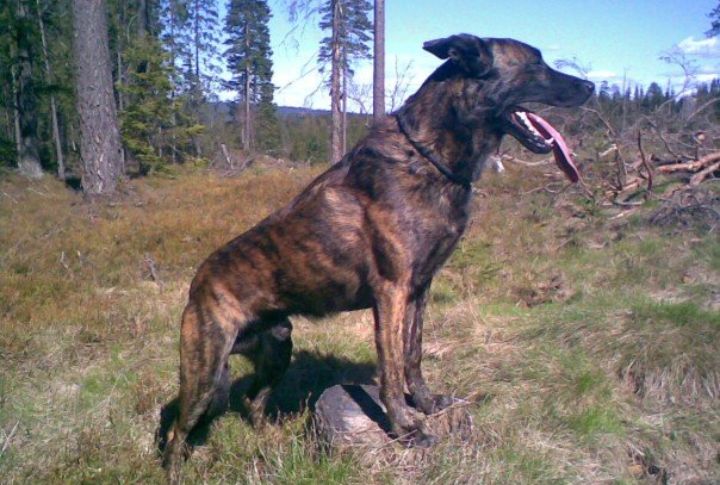
Dutch Shepherds lead flocks across open fields with a graceful blend of circling precision and silent cues. Early 20th-century farm records describe shepherds relying on their low vocalizations and swift nips to manage sheep. That timeless herding instinct persists even today, reflecting a legacy of partnership that spans generations.
Exceptional Trainability And Intelligence

If you’re wondering how fast a Dutch Shepherd can learn something new, the answer is pretty impressive. They’re smart, focused, and eager to work. From basic obedience to scent detection, these dogs tend to pick things up much quicker than most breeds.
Needs Constant Mental Stimulation
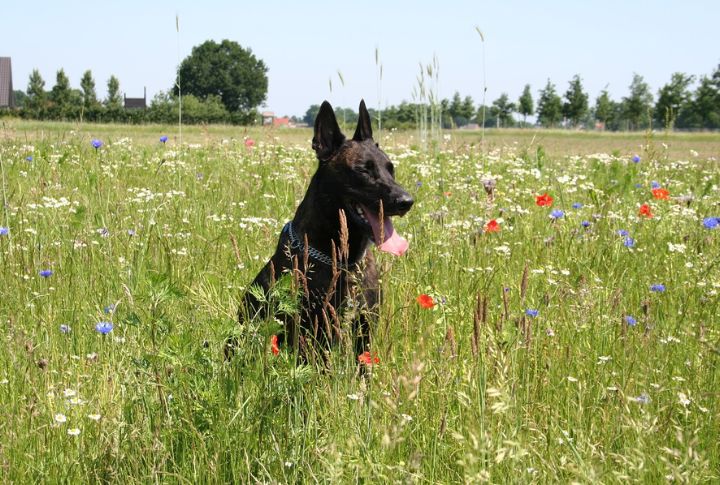
They stay calmer and more focused when their mind is consistently challenged. Without engaging in activities like scent-tracking games or puzzle toys, they may grow restless or display behaviors like hyperactivity and poor focus. Enrichment isn’t just about fun—it helps satisfy their natural curiosity and supports better behavior during training.
They Excel In Diverse Working Roles
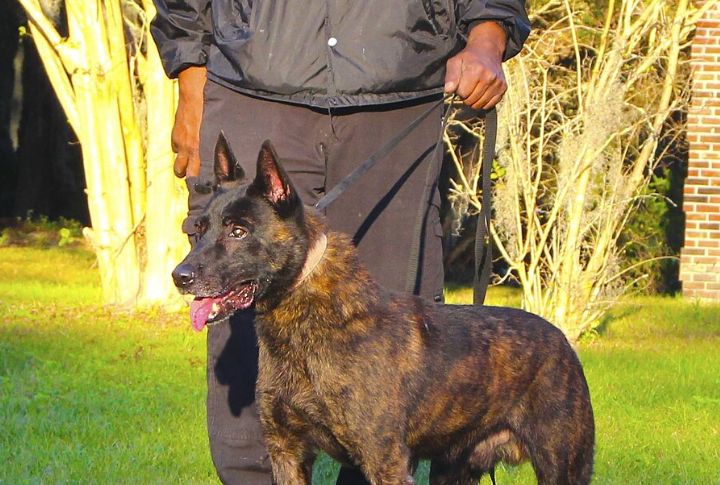
Their versatility defines assignments from herding flocks to detecting concealed substances in enforcement operations. In the 1980s, Dutch Shepherds even received training tailored to police mission demands, blending obedience and agility drills. Additionally, their loyal and attentive nature also allows them to assist individuals with disabilities or provide emotional support.
Affectionate And Devoted Companions
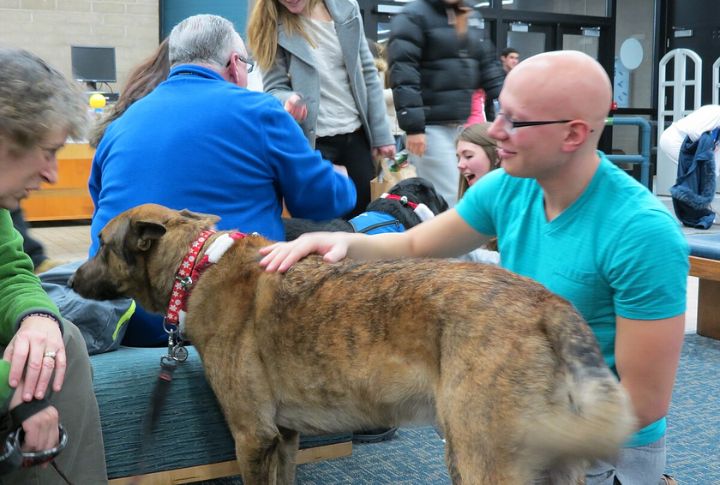
These dogs can nuzzle a weary soul and offer unwavering calm at any time. They nurture empathetic bonds through affirmative routine cues from their caregivers. Connections rooted in quiet devotion and resilience ensure a profound mutual understanding that enriches both lives.
Three Distinct Coat Types
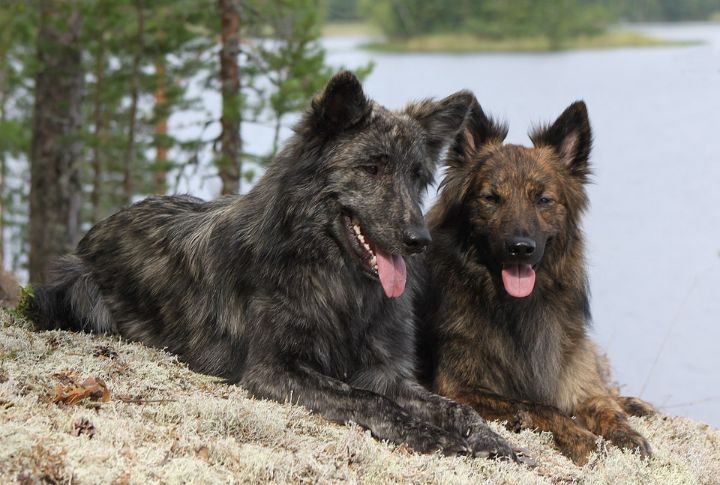
Among their key traits lie three coat varieties—short, long, and rough—that serve distinct functions. These coat variations were carefully bred to ensure durability and adaptability, allowing Dutch Shepherds to excel in various working environments. Seasonal grooming styles include employing stripping for rough coats and brushing for silkiness in long hair.
High-Endurance Athletes
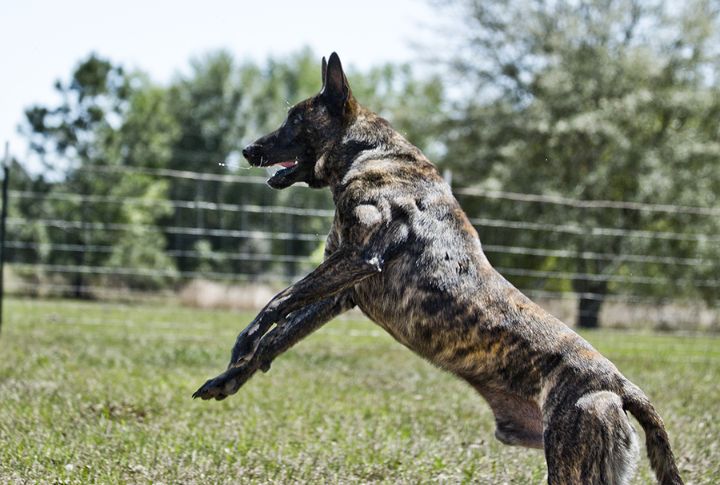
Originally bred for herding across vast farmland, Dutch Shepherds excel at long-distance treks. Unlike most breeds, this dog can maintain steady six-mile-per-hour paces over rough terrain for hours. Regular trail runs aren’t just ideal—they’re essential to satisfy their intense working heritage.
Excellent Agility And Speed
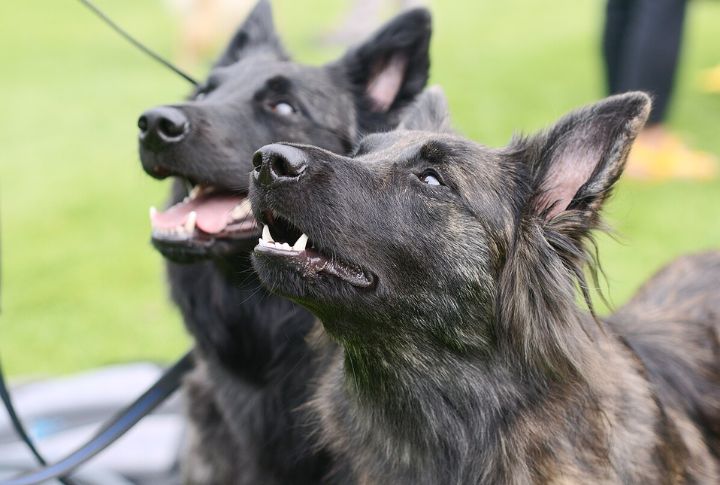
Dutch Shepherds dominate agility with sharp focus and explosive speed. They tear through weaves, launch over hurdles, and handle A-frames with total control. Speeds over 25 mph aren’t rare. Agility drills that challenge both body and mind are essential for keeping this high-drive breed balanced.
Prone To Specific Health Conditions
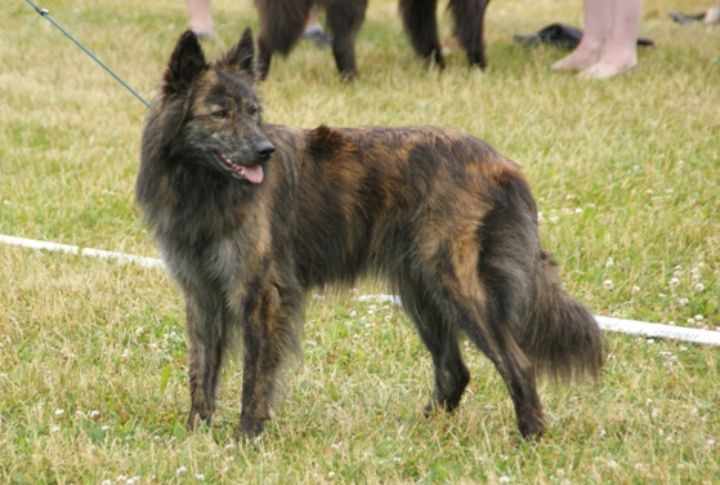
Although generally sturdy, this lineage faces risks for hip dysplasia and inflammatory myositis. Veterinary journals recommend orthopedic exams by two years old and genetic tests before breeding. Prioritize early screening protocols to safeguard longevity and maintain peak wellness standards.
Natural Water Work Enthusiasts
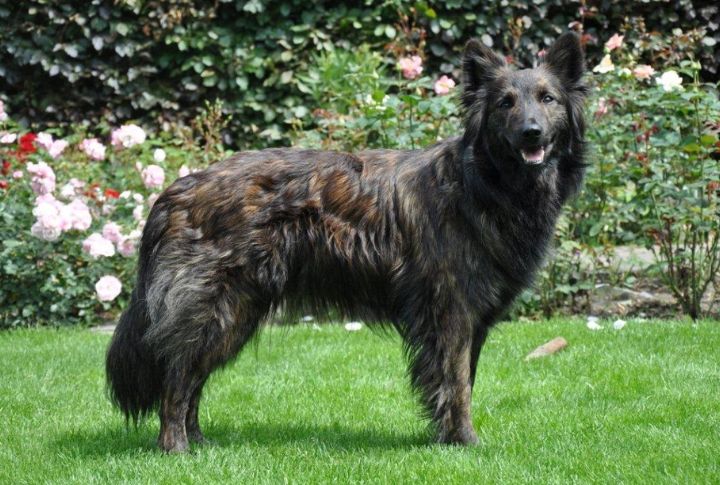
Dutch Shepherds often take well to water and can excel at dock diving or retrieval once comfortable. However, not every pup jumps in right away. Introduce aquatic play slowly—starting with shallow entries and positive reinforcement—to build confidence and prevent fear or stress around unfamiliar environments.





